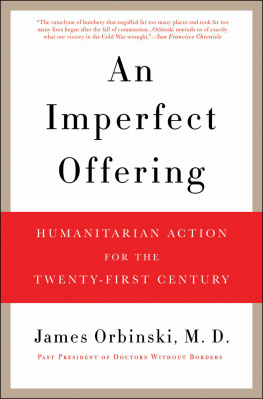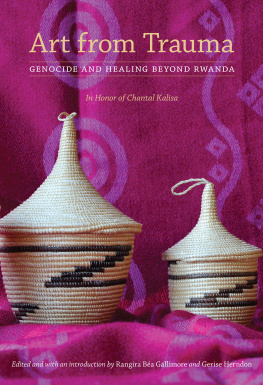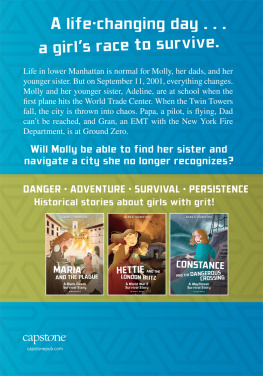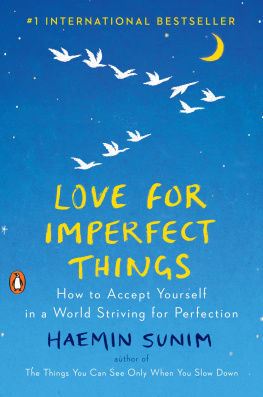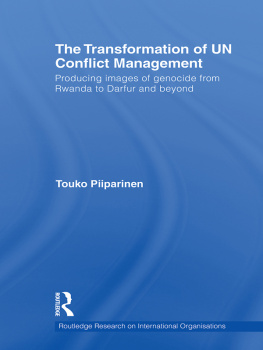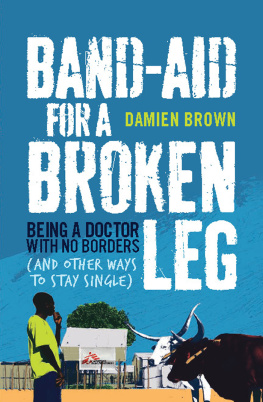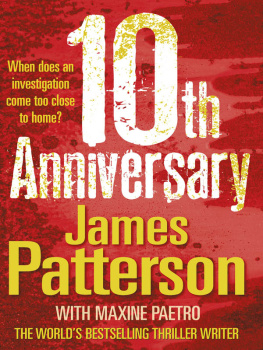Praise for An Imperfect Offering
With vivid personal anecdote, Orbinski chronicles the struggle around humanitarian intervention in one hotspot after another across the planet. In a narrative of grace and power, he displays the intense components of his remarkable life: integrity, compassion and principle. He is undaunted in the face of the worst the world has to offer. He is determined to salve the wounds of humankind. He is a truly committed man, mind and soul throbbing with incandescent decency.
Stephen Lewis, Former UN Special Envoy
In this complex era of massive abuses to human rights by governments in too many countries, suprising to read such a poignant book that describes, without fanfare, the constant ethical, moral, and even legal dilemmas that those in the field must confront hundreds of times a day. Clarity, compassion and commitment are presented in spades in this book about those who are fighting the lack of political will that too often fails to prevent mans inhumanity to man.
Lieutenant General Romo Dallaire, author of Shake Hands with the Devil: The Failure of Humanity in Rwanda
Captivating... When Orbinski recounts his second term in Rwanda during the 1994 genocide, the book reaches an emotional peak: it was his undoing, and struggling with the horror he has seen, he drifts into a netherworld of confusion, fighting to regain his footing as a man, as a doctor and as a putative humanitarian. His ensuing reflections on humanitarianism are as riveting as his personal thoughts.
Publishers Weekly
[Orbinski] takes an unflinching look at the political and economic forces that provoke human suffering and offers a moving meditation on the nature of humanitarianism... He tells powerful stories of individual courage and suffering, but equally important, he offers lucid accounts of the complicated political alignments and realignments shaping events.
Kirkus Reviews (starred review)
Readers will indeed marvel at the bravery of individual doctors and nurses who have survived bullets and torture to alleviate suffering. But they will also share in the hard lessons that Orbinski has learned while fighting difficult political battles... Such frustrating episodes may have dispelled Orbinskis utopian hopes for a perfect world, but they have not quenched his desire for a better, more humane world order. To that end, he summons readers to definite political actionsmaking donations, for instance, to international organizations providing aid to the worlds most vulnerable. A powerful synthesis of analysis and activism.
Booklist
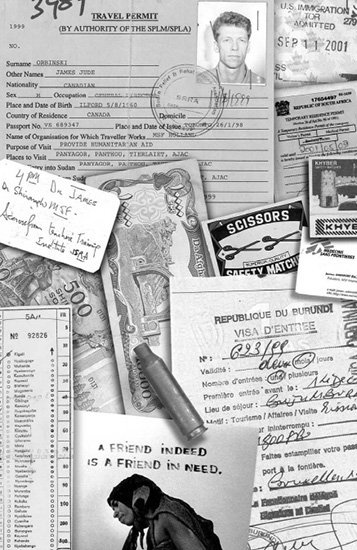
JAMES ORBINSKI, M.D.
AN IMPERFECT OFFERING
HUMANITARIAN ACTION
FOR THE TWENTY-FIRST CENTURY

Copyright 2008 by James Orbinski
All rights reserved.
You may not copy, distribute, transmit, reproduce, or otherwise make available this publication (or any part of it) in any form, or by any means (including without limitation electronic, digital, optical, mechanical, photocopying, printing, recording, or otherwise), without the prior written permission of the publisher. Any person who does any unauthorized act in relation to this publication may be liable to criminal prosecution and civil claims for damages. For information address Bloomsbury USA, 1385 Broadway, New York, NY 10018.
Published by Bloomsbury USA, New York
Bloomsbury is a trademark of Bloomsbury Publishing Plc.
Every reasonable effort has been made to contact copyright holders of images reproduced in this book, but if any have been inadvertently overlooked the publishers would be glad to hear from them and to make good in future editions any errors or omissions brought to their attention.
LIBRARY OF CONGRESS CATALOGING-IN-PUBLICATION DATA IS AVAILABLE.
First published in the U.S. by Walker Publishing Company in 2008
This e-book edition published in 2010
eISBN: 978-0-80277-757-7
To find out more about our authors and books visit www.bloomsbury.com. Here you will find extracts, author interviews, details of forthcoming events and the option to sign up for our newsletters.
FOR MY FATHER, STAN
FOR MY MOTHER, MADGE
FOR VEDANAND AND UMA
FOR BENEDICT
FOR MICHAEL
FOR MY CHILDREN
AND FOR ROLIE
We have not yet discovered what it means to be human. And it seems that this ordinary discovery is the most epiphanic that can be madefor when we have learnt what it is to be human, when we have suffered it, and loved it, we will know our true estate, we will know what gulf separates us from the gods, we will know what it means to be free, and we will know that freedom is really the beginning of our mutual destinies.
BEN OKRI, A Way of Being Free
CONTENTS
The stories told in this book are recounted from incomplete diaries, failed efforts at writing from the past, other records and publications, and from memory. Though I have tried within my means to check facts as carefully as I can, some of the dates and sequences may be wrong. I apologize for any errors or omissions. Where these occur, I hope I dont add too much uncertainty. Because I have chosen to write the book as a series of stories, I have, in some cases, recreated dialogue for the sake of narrative flow. I have only sometimes changed the names of people to protect their identity, or to respect their privacy. The views and opinions expressed in this book are my own. They are not the official views of any organization, university or hospital with which I have been or am affiliated.
JAMES ORBINSKI
Toronto,2008
AN IMPERFECT OFFERING
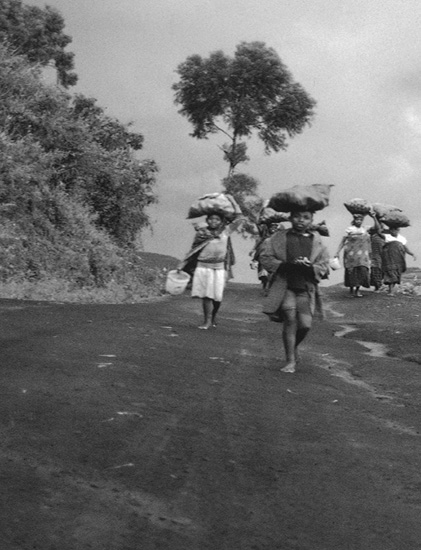
I was having a coffee with Austen Davis, a smart, happy man and the general director of Mdecins Sans Frontires, or Doctors Without Borders, in Holland. It was the year 2000, and I had just returned from the Sudan, where I had met with the foreign minister to protest government bombings of MSF feeding centres in the south of the country. Austen and I were at an outdoor caf beside the main door to the MSF office in Amsterdam. The office is in a refurbished old prison complex, its former courtyard converted to an open-air paradiso with cafs, newsstands and a good number of public art installations. A neoclassical archway leads to the courtyard and to the entrance of MSF. On one of its pillars is a plaque with a glass tear, commemorating the Jews of Holland who were lost during the Holocaust. Overhead, engraved on the arch, is the phrase: Homo sapiens non urinat in ventumMan should not piss into the wind. The MSF office belongs here.
Tears and piss. Is that all we have? I asked Austen.
Maybe. But we can refuse to simply cry. I say scream as loud as you can and piss as often as you can. Who knows, maybe the wind will shift!
Thats my man, I thought. The pissing phrase was once graffiti scratched onto the wall of the old prison. During the refurbishment, someone made sure it was transcribed into the arch. Or so the story goes.
Stories, we all have stories. Nature does not tell stories, we do. We find ourselves in them, make ourselves in them, choose ourselves in them. If we are the stories we tell ourselves, we had better choose them well. This book is a series of stories. I ask again and again, How am I to be, how are we to be in relation to the suffering of others? It is a question that has preoccupied me for much of my life. This book is a personal narrative about the political journey I have taken over the last twenty years as a humanitarian doctor, as a citizen and as a man. I have witnessed famine, epidemics of preventable diseases, war and its crimes, and genocide. I have witnessed politics fail and I have witnessed the struggle to be fully human when it does. I have witnessed an endless catalogue of terrors, and in them I saw myself, knowing that I might be merely a spectator to these, that I might suffer these, collaborate with these or inflict them on others. It is not a dispassionate story. I do not pretend to be outside of the events and circumstances I describe. I have lived and live in them, between them and through them. For me, these moments have been bigger than the smallness of time itself. They are personal moments, political moments or moments when there is no difference. Nor is this a sentimental story that meets victims with pity and paternalism or worthy of aid only so long as they are not a source of fear. It is about a way of seeing that requires humility, so that one can recognize the sameness of self in the other. It is about the mutuality that can exist between us, if we so choose.
Next page
